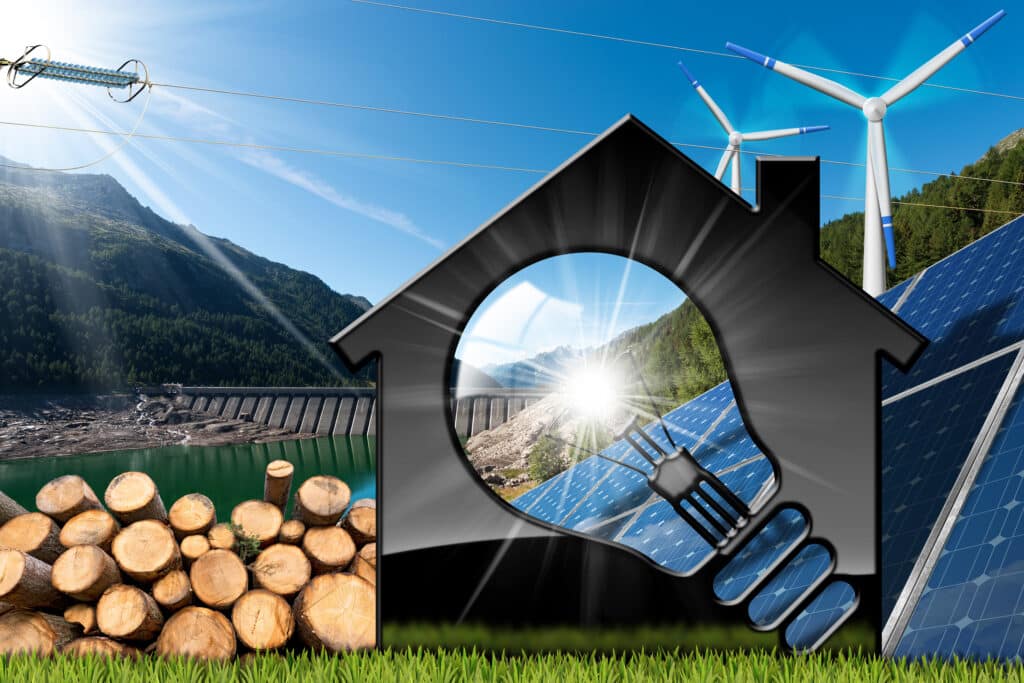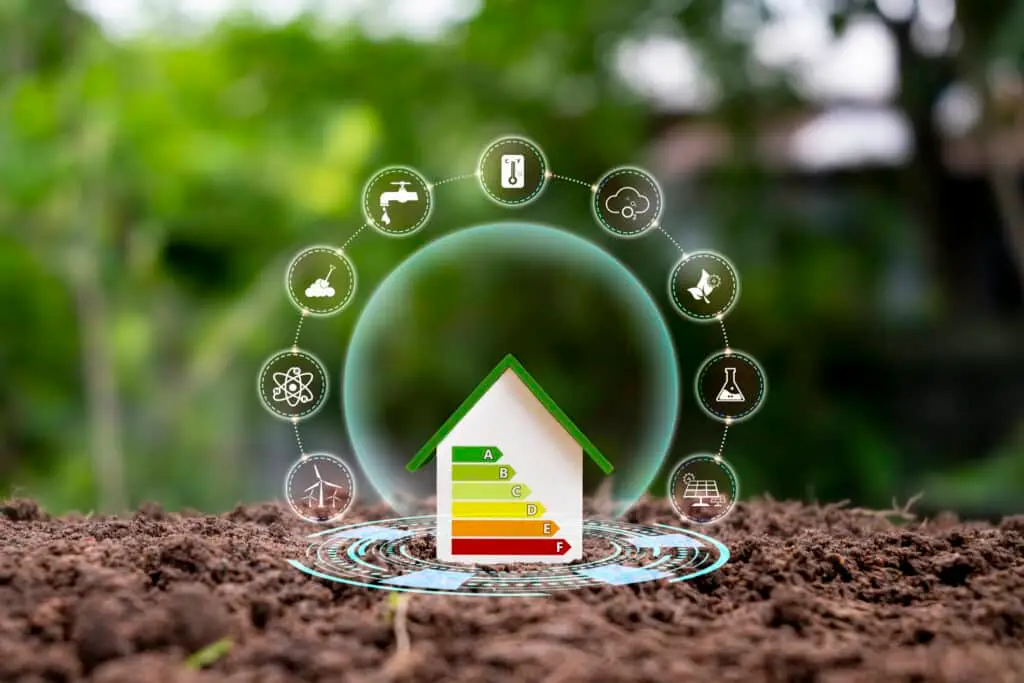In an era where environmental consciousness is on the rise, every aspect of our lives is under scrutiny for its impact on the planet. One often-overlooked area is our home’s heating and plumbing systems. While we focus on recycling, reducing plastic use, and conserving energy, the environmental footprint of these essential systems can go unnoticed. This blog post aims to shed light on the often hidden environmental consequences of heating and plumbing systems in our homes and explore ways to minimise their impact.
Heating Systems: A Double-Edged Sword
Heating systems are a blessing in colder climates, providing comfort and protection from harsh temperatures. However, their reliance on fossil fuels such as oil and natural gas is a significant contributor to greenhouse gas emissions. These emissions, primarily carbon dioxide (CO2) and methane (CH4), trap heat in the atmosphere and contribute to global warming.
- Fossil Fuel Consumption: Traditional heating systems, especially those using older furnaces or boilers, burn fossil fuels inefficiently, releasing pollutants into the air. This not only harms the environment but also affects indoor air quality, potentially causing health issues.
- Alternative Solutions: Transitioning to more eco-friendly heating solutions can significantly reduce your home’s carbon footprint. Geothermal heat pumps, solar heating systems, and biomass heaters utilise renewable energy sources, minimising reliance on fossil fuels.
We have used Michael at Waterguys recently for a boiler service followed by an expected replacement. The team were great. They know their stuff and give advice but no hard sell. They are responsive, polite and left the place spotless. Would highly recommend.
Becky Tuff
Plumbing Systems: Beyond the Drain
Plumbing systems play a crucial role in supplying clean water and removing wastewater from our homes. However, they also have far-reaching environmental implications that deserve attention.
- Water Waste: Leaky faucets, running toilets, and inefficient irrigation systems contribute to water wastage. With water scarcity becoming a pressing global issue, conserving water is more important than ever.
- Chemical Discharge: Household plumbing often introduces chemicals and contaminants into wastewater, which can find their way into natural water bodies. These pollutants can harm aquatic life and disrupt ecosystems.
- Plastic Pipe Proliferation: The widespread use of plastic pipes in plumbing contributes to plastic waste generation. As plastics break down, they release microplastics into the environment, potentially affecting both terrestrial and aquatic organisms.
Michael and Scott have been brilliant! They have sorted out the bathroom plumbing issues (where others had failed and overcharged). Michael has fitted a replacement combi boiler which was required. Great service, reliable, good prices – what more could you ask for! I would thoroughly recommend them to anyone needing any plumbing work.
Tony Young

Minimising the Impact
While the environmental impact of heating and plumbing systems is a cause for concern, there are several proactive steps homeowners can take to reduce their footprint.
- Upgrade to Energy-Efficient Systems: Investing in energy-efficient heating systems, such as modern condensing boilers or electric heat pumps, can significantly reduce your home’s carbon emissions. These systems are designed to use energy more efficiently, translating to lower energy bills and a lighter environmental impact.
- Smart Thermostats: Installing a smart thermostat allows you to regulate your home’s temperature more effectively. You can program it to lower the heat when you’re not at home or during the night, saving energy and reducing your carbon footprint.
- Renewable Energy Sources: If feasible, consider incorporating renewable energy sources into your home’s heating system. Solar panels, wind turbines, or geothermal heat pumps can help generate clean energy to power your heating needs.
- Regular Maintenance: Keeping your heating and plumbing systems well-maintained not only extends their lifespan but also ensures they operate efficiently. Regular maintenance can prevent leaks, reduce energy waste, and lower the overall environmental impact.
- Water Conservation: Fixing leaks, installing water-saving fixtures, and practising mindful water usage can significantly reduce water wastage. Collecting rainwater for irrigation and using graywater for non-potable purposes are also effective strategies.
- Chemical-Free Alternatives: Opt for natural, chemical-free cleaning products to minimise the introduction of harmful substances into your plumbing system and, ultimately, the environment.
- Biodegradable Pipes: Consider using biodegradable or eco-friendly plumbing pipes as an alternative to traditional plastic pipes. These options break down more harmlessly over time, reducing the long-term impact on the environment.
As we navigate the challenges posed by climate change and environmental degradation, it’s crucial to address every aspect of our lives contributing to the problem. Our home’s heating and plumbing systems, while often overlooked, have a significant environmental impact. By adopting energy-efficient technologies, reducing water wastage, and making conscious choices, we can mitigate the negative effects of these systems on our planet.
It’s time to recognise that even the smallest changes we make in our homes can have a far-reaching positive impact. By taking steps to minimise the environmental footprint of our heating and plumbing systems, we can contribute to a more sustainable and eco-friendly future for generations to come.
If you have any questions or would like to find out more information, please do give one of our qualified technicians a call on 020 3137 7749 or email info@waterguys.co.uk and we’ll be happy to help.
